Fundraising for technology is lagging behind
Mr. Don Lam, General Director of VinaCapital Group, raised the issue that in the past 5 years, the Vietnamese stock market has not had a large-scale IPO deal.
Specifically, from 2019 to present, the total value of IPO deals has only fluctuated from 15 - 70 million USD/year, while previously the annual IPO scale reached 500 million - 2.6 billion USD.
“The lack of major IPOs since 2019 is often cited by foreign investors as a reason for their lack of interest in the Vietnamese stock market,” said VinaCapital CEO.
Sharing the same view, Ms. Nguyen Ngoc Anh, General Director of SSI Asset Management (SSIAM) also pointed out the current situation of the Vietnamese stock market in the past 10 years without large-scale technology IPOs.

Ms. Ngoc Anh analyzed that even in 2017, 2018, 2019, the peak of IPOs in Vietnam, there were no technology companies on the market. From 2020 to 2025, capital mobilization activities in general in the Vietnamese market will only focus on 2 industries: Finance and Healthcare, without paying attention to the Technology industry.
“When talking with international investors, they shared with us that they are willing to invest in potential technology companies in Vietnam, but the problem is that we do not have any names to give them,” emphasized the leader of SSIAM.
It is worth noting that during the same period, countries in the region such as Indonesia, Singapore and India have had many successful IPOs of technology companies, helping to expand the capital market and attract international investment flows. The acceleration of these countries has left Vietnam lagging behind despite its great potential for science and technology development.
“Looking specifically at the private equity market in Southeast Asia, the growth in private equity in the technology industry is 11%, while the trend of equity in the technology industry in Vietnam is decreasing,” Ms. Ngoc Anh shared.
Of the approximately 1,600 companies listed and registered for trading on the stock exchange, there are only 16 technology companies, accounting for a mere… 1%. Is it true that technology companies in Vietnam do not need capital? In fact, that is not the case!
SSIAM representative said that when coming to this unit for capital mobilization consulting, almost no technology enterprise set a goal, or had confidence that it would be able to raise capital and list in the Vietnamese market.
An example is Tiki Global, which was established in Singapore in 2021 and then transferred 90.5% of the shares of Ti Ki JSC, the operator of the Tiki e-commerce platform in Vietnam. In mid-2020, Tiki's CEO shared his wish that the State would loosen the conditions for listing on the stock exchange for retail technology companies. However, perhaps because it could not wait for the regulations to be loosened, this unit was forced to "go abroad" to list and raise capital, creating additional resources for business operations.
Before Tiki, many other startups have made similar moves by establishing holding companies abroad (usually Singapore or Hong Kong - China) and then reinvesting in domestic legal entities. Typical examples include Base, Coc Coc, Topica...
Relieving capital thirst from domestic resources
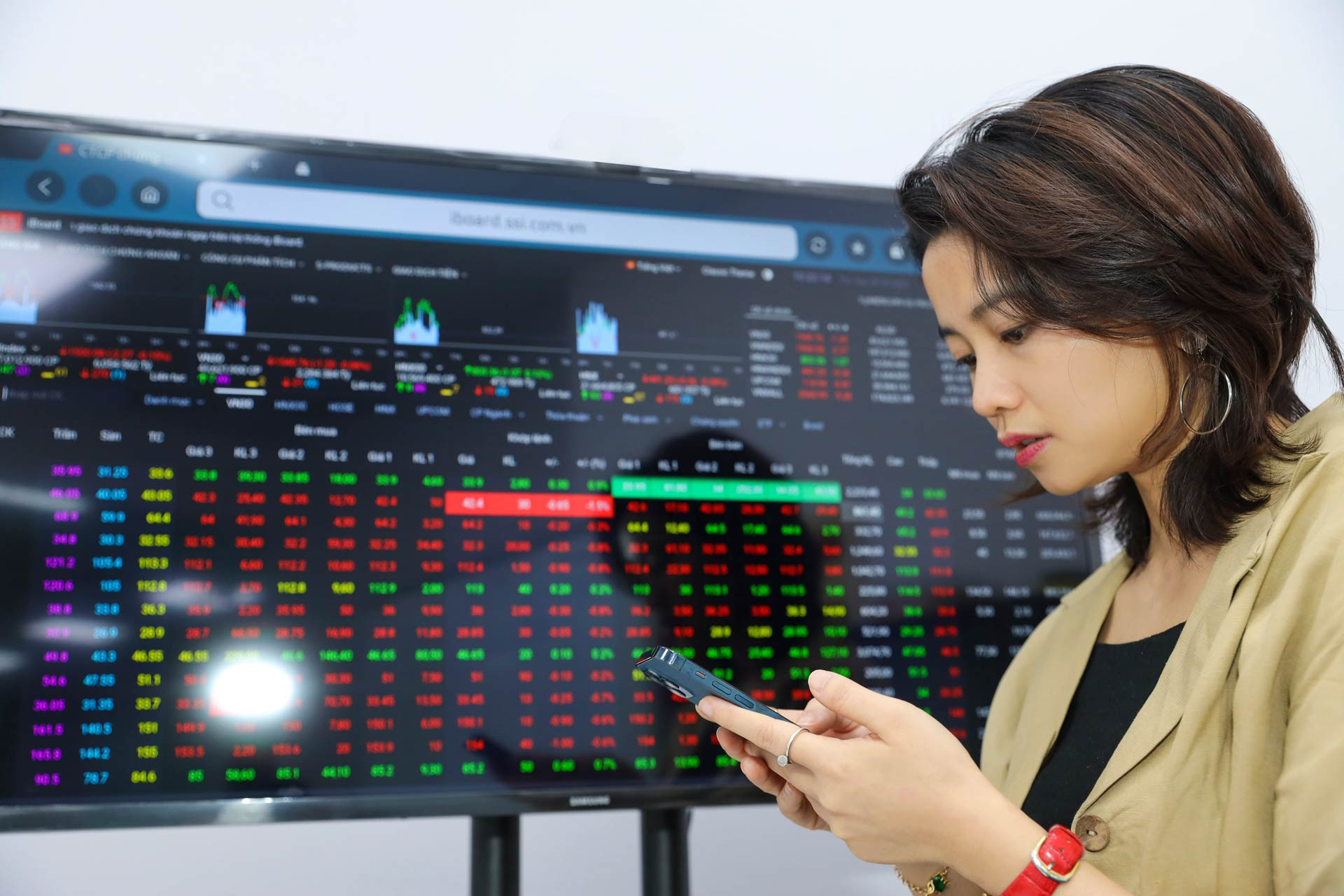
Currently, there are 3 stock exchanges on the market: HoSE, HNX and UpCom. For both HoSE and HNX, there are strict requirements related to profits. Specifically, according to the provisions of the Securities Law, enterprises wishing to IPO for the purpose of listing on the stock exchange must meet the conditions of business operations for 02 consecutive years immediately preceding the IPO year, and at the same time have no accumulated losses up to the year of registration for offering. If based on these regulations, it is very difficult for technology enterprises to meet the requirements because this group operates according to a specific model, requiring a large amount of capital from the beginning to invest in technological innovation, expanding users, and building operating infrastructure.
Mr. Duong Quoc Anh - former Deputy Chairman of the National Assembly's Economic Committee, Deputy Director of the Institute for Digital Economic Development Strategy (IDS) added that businesses can mobilize capital on the UpCom floor but the scale is small and cannot attract investors and international financial investment funds.
Accordingly, UpCom is a platform where any public enterprise can participate, there is no distinction between regular public enterprises and technology enterprises; there are no special criteria for investors to determine that this is a technology exchange and they will apply separate valuations for this exchange.
In addition, the liquidity of the UpCom floor is very low for many reasons, leading to foreign investors being almost inactive in the UpCom market. For businesses listed on UpCom, this will greatly affect valuation, so technology businesses usually do not want to list on this floor.
Mr. Duong Quoc Anh is concerned that due to lack of interest in UpCom, while facing technical barriers when wanting to access HoSE or HNX, some Vietnamese technology enterprises have switched to registering their business and IPO in foreign markets, causing a loss of the country's financial resources.
A financial expert pointed out that the IPO process is very expensive and time-consuming, especially for large companies. Because it is expensive and has many potential risks for the founding team, when thinking about IPO, it means that the company has already explored and evaluated the ability to attract capital from investors.
“In addition, because of the expense and time, when they IPO, they naturally want to choose quality listing floors to be priced appropriately for their development potential,” he added.
Mr. Minh Do, Country Director of Warburg Pincus Investment Fund, shared that the strict regulations of the Securities Law reflect the view of lawmakers to protect investors' rights and ensure the health of the stock market. However, currently, the risk appetite of investors, especially foreign funds, is very diverse.
“We should let investors assess the prospects of these cooperation deals themselves, instead of setting up overly strict technical barriers to limit who can list,” Warburg Pincus representative recommended.
To remove the “bottleneck”, the expert group of the Institute for Digital Economic Development Strategy (IDS) proposed to consider removing the condition of no accumulated losses according to Article 15 of the Securities Law, and at the same time adjusting the listing conditions on the Ho Chi Minh City Stock Exchange (HOSE) or the Hanoi Stock Exchange (HNX) in a more flexible manner, helping Vietnamese technology enterprises have the opportunity to IPO right at home. This is also an opportunity for us to experiment, evaluate the implementation effectiveness and make appropriate adjustments to ensure the health of the stock market.

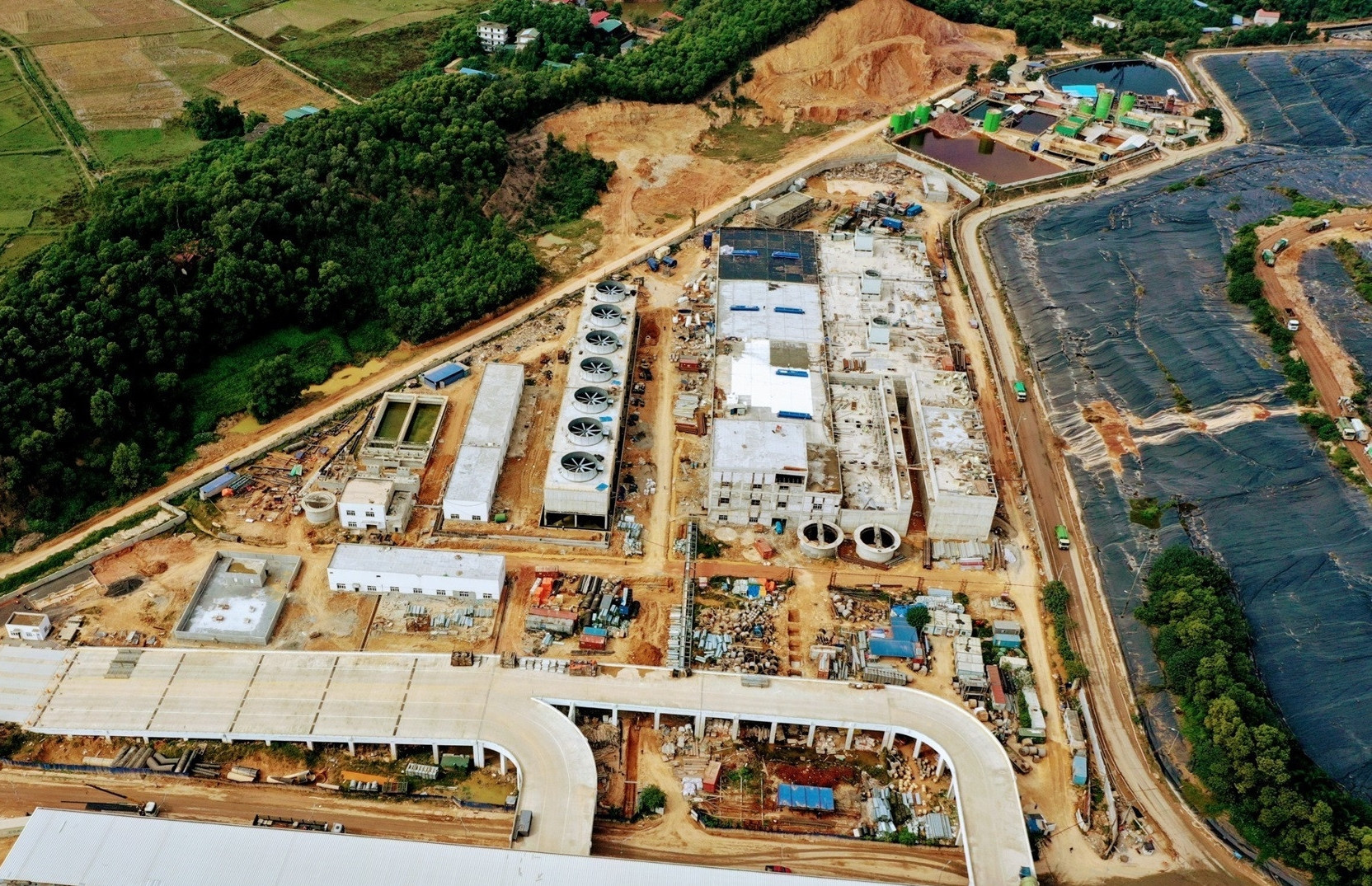
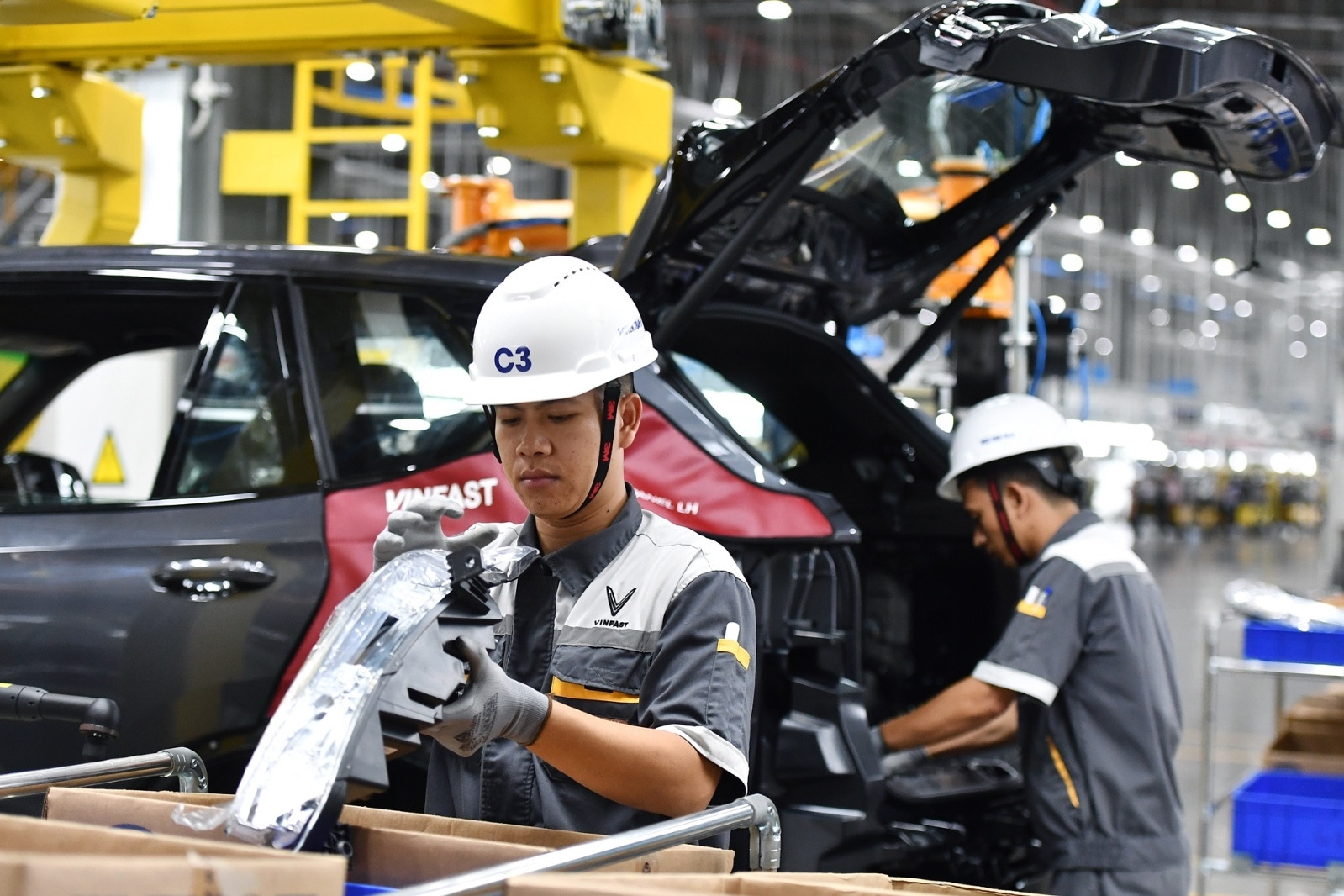
Source: https://vietnamnet.vn/doanh-nghiep-noi-xuat-ngoai-tim-von-nha-dau-tu-ngoai-lai-muon-nhap-noi-2387395.html




![[Photo] Politburo works with the Standing Committee of Cao Bang Provincial Party Committee and Hue City Party Committee](https://vphoto.vietnam.vn/thumb/1200x675/vietnam/resource/IMAGE/2025/8/28/fee8a847b1ff45188749eb0299c512b2)
![[Photo] Red flag with yellow star flutters in France on National Day September 2](https://vphoto.vietnam.vn/thumb/1200x675/vietnam/resource/IMAGE/2025/8/28/f6fc12215220488bb859230b86b9cc12)

![[Photo] National Assembly Chairman Tran Thanh Man holds talks with New Zealand Parliament Chairman](https://vphoto.vietnam.vn/thumb/1200x675/vietnam/resource/IMAGE/2025/8/28/c90fcbe09a1d4a028b7623ae366b741d)
![[Photo] General Secretary To Lam attends the opening ceremony of the National Achievements Exhibition](https://vphoto.vietnam.vn/thumb/1200x675/vietnam/resource/IMAGE/2025/8/28/d371751d37634474bb3d91c6f701be7f)


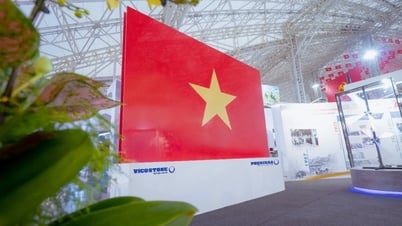










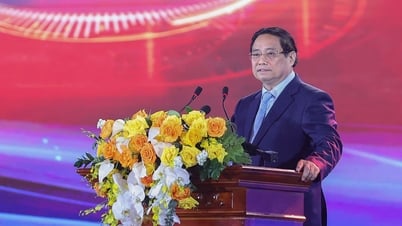































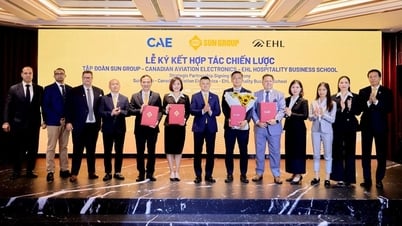



















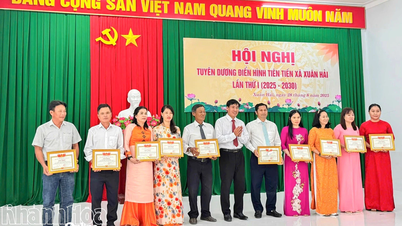

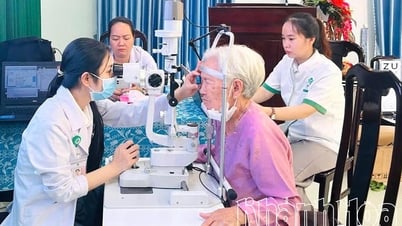
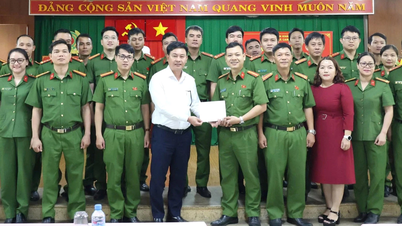
















Comment (0)